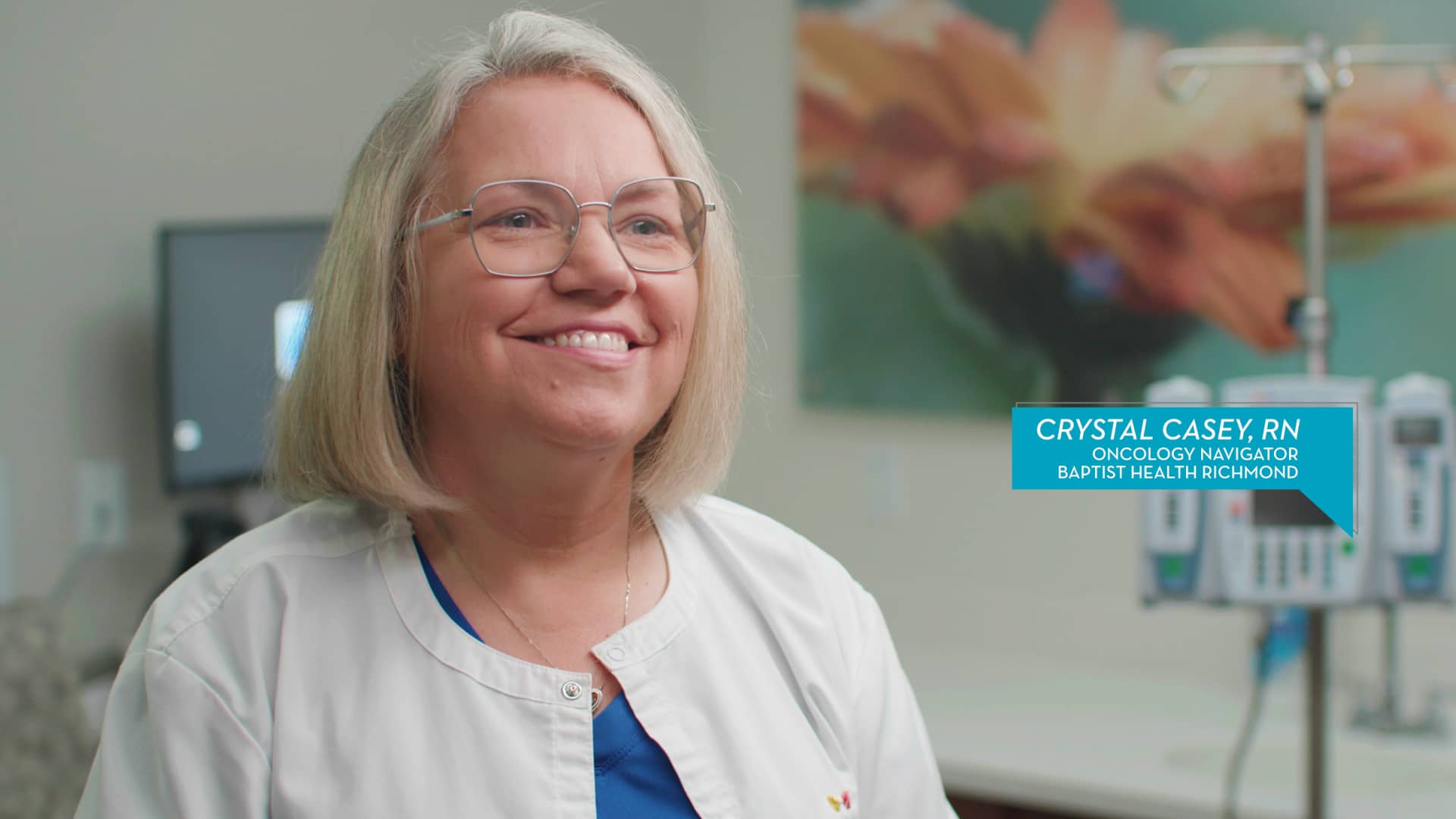What Does Colon Cancer Poop Look Like?
.jpg?rev=8fb14034c29a4359a422d73af5188ccf)
Colon cancer (sometimes called colorectal cancer) occurs in the first and longest section of the large intestine, called the colon. It typically begins in groups of cells called polyps that develop on the interior colon walls.
The polyps themselves aren’t generally cancerous initially but can develop into cancer over time. That’s why doctors recommend colonoscopies (procedures for examining the inside of the colon) for middle-aged and older adults who are most likely to develop colon cancer. Identifying and removing polyps before they can become cancerous is crucial.
Colon cancer can affect the appearance of poop (or stool), so it’s helpful to know what changes to look for — in addition to getting annual physical exams and colonoscopies as recommended by your doctor.
Stool Changes That Can Be Colon Cancer Indicators
Everyone’s bowel habits are unique, so it’s important to consider changes in your stool compared to what has historically been normal for you. That said, specific stool characteristics are common with colon cancer, including:
- Narrow, pencil-thin stools caused by material having to squeeze past an obstruction
- Hard pebbles or nuggets that occur because of cancer-related constipation cause waste to remain in the colon longer and have more water removed from it
- Dark brown or black color throughout caused by blood in the stool
Be aware that other health conditions can cause stool changes and may be responsible for abnormalities. For example, hemorrhoids can coat stool with blood as it passes them. Still, if you notice stool changes, it’s important to tell your doctor. They can do a physical exam and recommend testing to determine the cause.
Other Colon Cancer Symptoms
In addition to stool changes, colon cancer can cause other symptoms, especially in more advanced stages. They include:
- Constipation
- Diarrhea
- Alternating between constipation and diarrhea (a more significant sign than either condition alone)
- Intestinal discomfort, such as bloating and gas pains
- Pain with bowel movements
- Feeling like you’re never “empty” and frequently or continually need to have a bowel movement
- Fatigue
- Unintended weight loss
- Bowel obstruction (from scar tissue or narrowed areas in the colon called strictures) and resulting abdominal pain, constipation, fever, and vomiting
Some people find it uncomfortable to talk about their bowel habits, but it’s vital that you discuss anything unusual with your physician.
Talk With Your Doctor About Colon Cancer Symptoms
Colon cancer is one of the leading causes of cancer-related deaths in the U.S. While it can be treated, treatments are most effective when the condition is identified in its early stages.
Stool changes are one symptom of colon cancer. If you notice any difference in your stool’s shape, color or frequency, it’s crucial to talk with your doctor. It’s also essential to get colonoscopies when recommended by your physician. This painless procedure enables doctors to spot and remove polyps before they can become cancerous.
Baptist Health offers an online colon cancer risk assessment. In five minutes, you’ll find out your risk factors. You can also speak with your Baptist Health provider about your questions or concerns. Use our online provider directory to find a physician near you.



.jpg?rev=1e34cfc14356429384f3325f6e567a20)